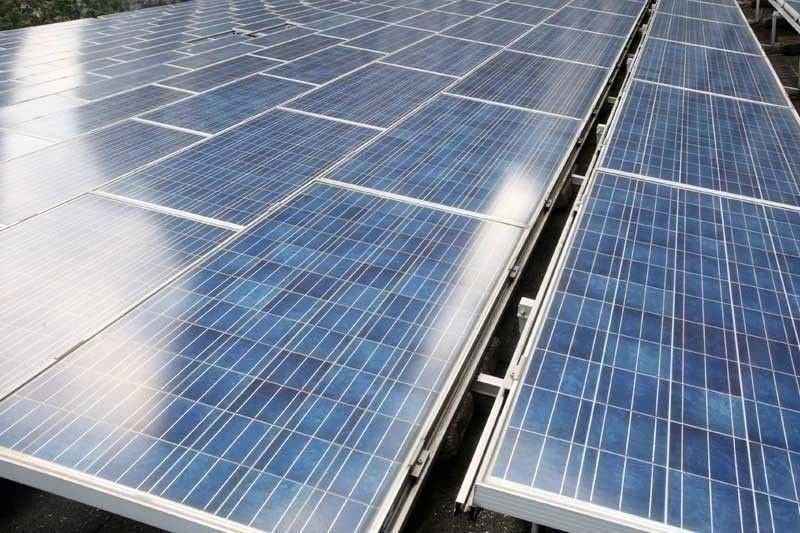Century Pacific expands RE initiatives

MANILA, Philippines — Century Pacific Food Inc. (CNPF), the listed food and beverage company of the Po family, is expanding its renewable energy initiatives.
In a disclosure yesterday, CNPF said it is expanding its solar power capacity and commissioning new biomass boilers.
Ted Po, CNPF president and CEO, said solar unlocks value for the company and enhances operational resilience in addition to being an environmentally forward choice for the company.
The company is expanding its solar power facility in General Santos City, its largest manufacturing hub in the country where it produces tuna and coconut products.
The company has invested approximately P380 million to build and expand its solar plant which now features a photovoltaic roof solar system operating on-grid.
As part of the expansion, the plant’s operational capacity will increase to 8.6 MW from 5.2 MW or a 65 percent increase. This is expected to be fully operational by March this year.
CNPF commissioned its first solar photovoltaic plant in 2021 as part of its commitment to more sustainable manufacturing practices.
As of the end of 2022, more than 60 percent of the company’s power requirements were harnessed from renewable energy.
In addition to solar power, CNPF is also investing in greener energy alternatives for its coconut operations with the commissioning of new biomass boilers.
“The new boiler will utilize coconut shells as biomass fuel, converting by-products into energy and eliminating coal usage in the process. On a broader scale, the company anticipates a substantial 36 percent reduction in overall coal consumption across its factory,” CNPF said.
Noel Tempongko, VP for coconut OEM (original equipment manufacturer), said demand for coconut products has been going up locally and abroad.
“Our focus is on sustainable practices to mitigate our environmental impact. The expansion of our biomass boilers, utilizing coconut shells from our operations also serves as an eco-friendly substitute for coal, contributing to substantial reductions in carbon emissions,” Tempongko said.
At present, CNPF’s operations yield coconut shells as by-products of the company’s deshelling operations for coconut and differentcoconut derivatives such as desiccated coconut, cocomilk, oil, and flour.
The company’s solar power and biomass boiler projects are part of the bigger sustainability plan of CNPF to reduce its carbon footprint.
Since its commissioning, the company’s PV roof solar system in General Santos has generated more than 15 million kWh of energy, significantly contributing to the group’s carbon emission reduction and environmental sustainability goals.
After the installation of this new boiler, CNPF plans to add another mixed biomass boiler in the second quarter.
“Our company’s pursuit of growth runs alongside our desire for longevity. This necessitates a commitment to responsible business practices and creating long-lasting, positive impact on both our bottom line and the planet. Win-win initiatives such as these capture our direction and future,” Po said.
- Latest
- Trending































